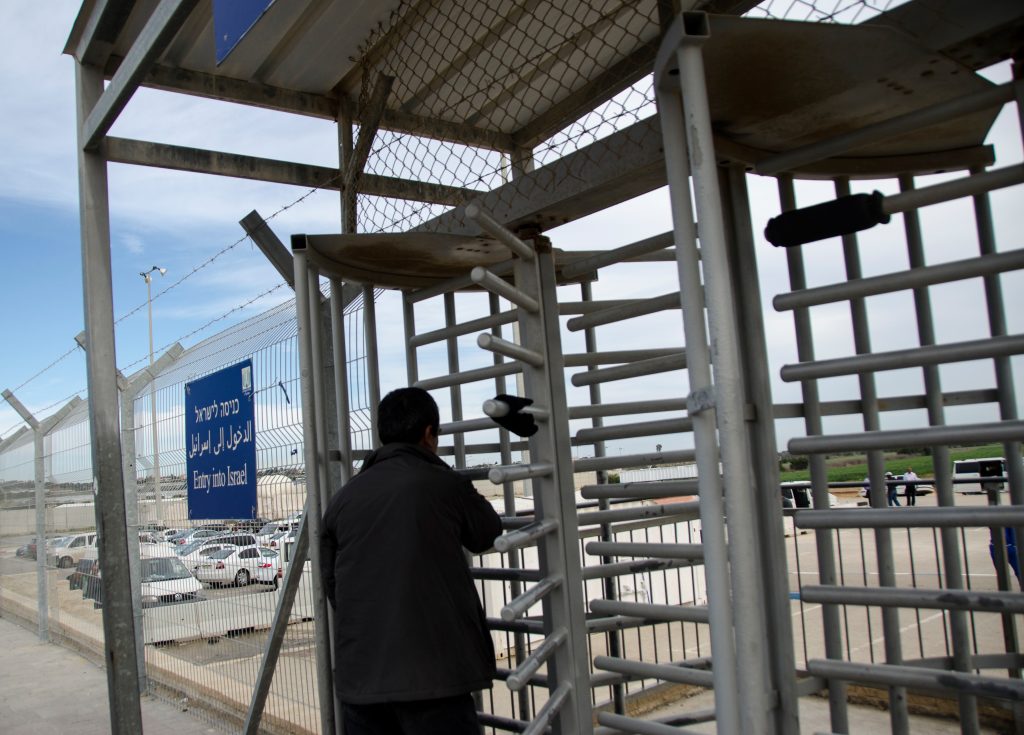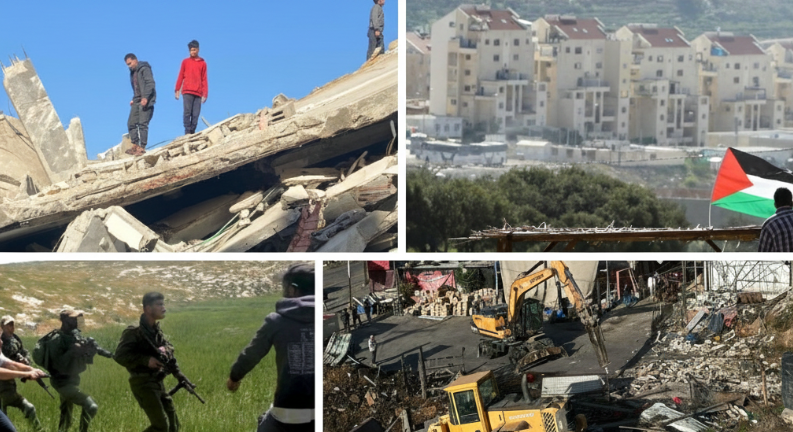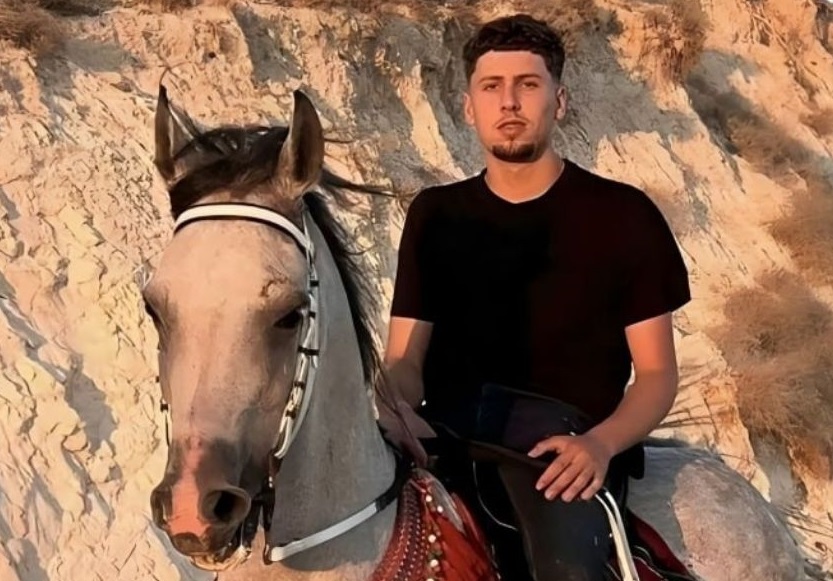JERUSALEM, Monday, December 28, 2020 (WAFA) - On 24 November, the Palestinian Authority re-established functioning its Health Liaison Office (HLO) in the Gaza Strip to coordinate permit applications on behalf of patients and companions. Up to this date, the World Health Organization (WHO) continued its temporary coordination mechanism during November.
From 1 to 23 November, WHO submitted 543 permit applications for patients and 663 companions. From the 24 to 30 November, the Palestinian HLO submitted 177 patient applications and 195 companions. Additionally, St John Hospital submitted 36 patient applications and Physicians for Human Rights Israel (PHRI) submitted 18 patient and 4 companion applications.
In total, there were 774 patient permit applications and 862 companion permit applications during the month of November, according to WHO’s monthly Health Access Barriers for patients in the occupied Palestinian territory.
Of the total 774 applications to cross Beit Hanoun/Erez border point between Gaza and Israel in November, 555 or 72% were approved, a slight increase compared to the approval rate of 67% for the period from January to May 2020. It said 53% (271 of 509) of approved applications were female; a fifth (21%) were for children under 18; and nearly a quarter (23%) for patients aged 60 years or older.
The report said that 12 patient applications, or 1.6% of the total, were denied permits to cross Erez to reach healthcare in November, including four out of 10 of those denied were female; one patient was a child under 18; two patients were aged 60 years or older. Four had appointments for cancer care (oncology), two for general surgery and one each for ophthalmology, orthopedics, cardiology, and internal medicine.
In addition, 203 patient applications, or 26% of the total, were delayed access to care, receiving no definitive response to their application by the date of their hospital appointment, including 92 out of 201 were female patients; 34 were children under the age of 18; and 27 were patients aged 60 years or older.
More than half (53%) of those delayed had appointments for cancer care (oncology), 7% for cardiology, 7% for hematology, 4% for nuclear medicine, and 3% each for orthopedics, neurosurgery, and general surgery. The remaining 20% were for ten other specialties. Most delayed applications (157 or 78%) were ‘under study’ at the time of appointment.
In November, 10 patients - three of them were females - between the age of 18-60 were requested for security interrogation by Israeli services as a prerequisite to processing their permit applications.
Six had appointments for oncology; two for hematology; and one each for internal medicine and neurosurgery. In addition, a female doctor who applied through PHRI to join a training session at Wolfson Hospital in Israel was requested for security interrogation, said the WHO report.
Of the 868 companion permit applications submitted to the Israeli authorities to accompany patients in November, include parents or other companions applying to accompany children, 367 companion permit applications (42% of the total) in November were approved, 122 applications (14%) were denied and the remaining 379 (44%) were delayed, receiving no definitive response by the time of the patient’s appointment. The approval rate in November decreased to 42% compared to 49% in the first five months of the year.
The Palestinian General Authority of Civil Affairs reported that 526 Gaza patients and 339 companions exited through Beit Hanoun/Erez checkpoint in November to access hospitals outside the Gaza Strip. Of the 526 patients, 37 patients were transferred by back-to-back ambulance with 36 companions. These numbers show that more than a third (36%) of patients crossed Beit Hanoun/Erez checkpoint in November without a companion.
M.K.











